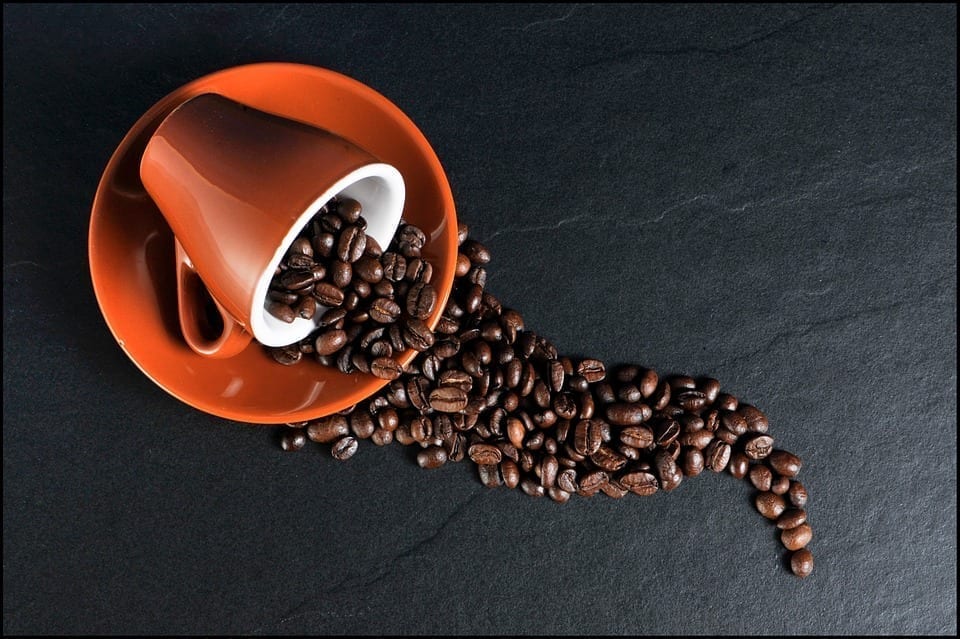Remember when a judge in California decided that coffee should be served with warning labels so coffee drinkers know the cancer risks associated with drinking coffee. However, since the judge’s decision, many in the state have begun to wonder if the health warnings may be going too far. One of those concerned citizens is Sam Delson, the deputy director for external and legislative affairs for California’s Office of Environmental Health Hazard Assessment. He said, “There’s a danger to over-warning—it’s important to warn about real health risks.”
Remember when a judge in California decided that coffee should be served with warning labels so coffee drinkers know the cancer risks associated with drinking coffee. Well, since the judge’s decision, many in the state have begun to wonder if the health warnings may be going too far. One of those concerned citizens is Sam Delson, the deputy director for external and legislative affairs for California’s Office of Environmental Health Hazard Assessment. He said, “There’s a danger to over-warning—it’s important to warn about real health risks.”
Back in May, Superior Court Judge Elihu Berle published a ruling after determining that “other coffee sellers did not show that the risk from consuming acrylamide, a possible cancer-causing byproduct created during coffee roasting, was offset by benefits from drinking coffee.”

Acrylamide is “a chemical used to make various polymers that are naturally found in cooked starchy foods, such as French fries and roasted coffee beans.” In the past, animal studies discovered that high doses of the chemical may be linked to increased cancer risks. However, the “trace amounts found in coffee are not known to pose a threat,” according to the World Health Organization.”
In response to the judge’s ruling, Delson’s office proposed a regulation that would “unequivocally declare that any cancer-linked components of roasted and brewed coffee pose no significant risk of cancer.” Yesterday, that proposed regulation got a public hearing in Sacramento. If adopted, the regulation is expected to “nullify the warning on Californian coffee,” and will also “water-down the controversial law known as Proposition 65 that led to the warning—along with scores of others.”
For those who don’t know, Proposition 65 was first adopted in 1986 as a way to “protect residents from exposure to chemicals linked to cancer, birth defects, or other reproductive harm, particularly those that may taint drinking water.” Under Proposition 65, businesses are prevented from including “significant amounts of such chemicals into sources of drinking water.” Additionally, it “requires that businesses notify consumers of exposures to such chemicals via any products.”
The problem that people like Delson have with laws like Prop 65, though, is that it has led to over-warning. Additionally, they claim the law has “become a farce and is being abused by unscrupulous organizations to extract money from businesses.” Over the years, the “list of chemicals under Prop 65 has ballooned to more than 900” and has resulted in many “warnings, lawsuits, and pricey settlements.” Just last year, an estimated 700 Prop 65 cases settled, resulting in payouts of about $25.8 million.
According to Delson, everything from “tooth fillings, cereals, flip-flops, toilet paper, couch cushions, cosmetics, frozen oysters, headphones, kombucha, and even chocolate have faced Prop 65 compliance.”
However, proponents of the law have no problem with judge Elihu Berle’s ruling about coffee warning labels and have argued that laws like Prop 65 have “forced product makers to think carefully about the chemicals they use in their products.”
How have businesses reacted to laws like Prop 65, though? Well, for the most part, businesses at risk of getting dragged into a Prop 65 often opt to “simply remove components quietly.” Many businesses also do this in order to avoid having to put warning labels on their products “that could scare off customers.”
Sources:
After coffee brewhaha, CA fears cancer warnings have “gone seriously wrong”


Join the conversation!